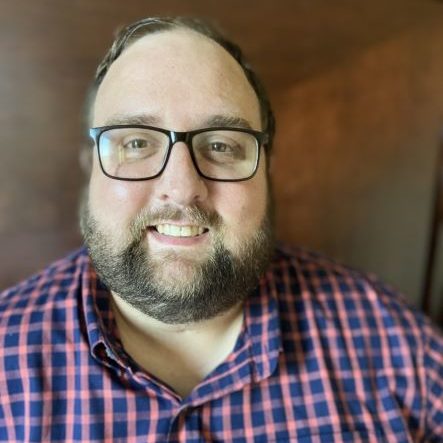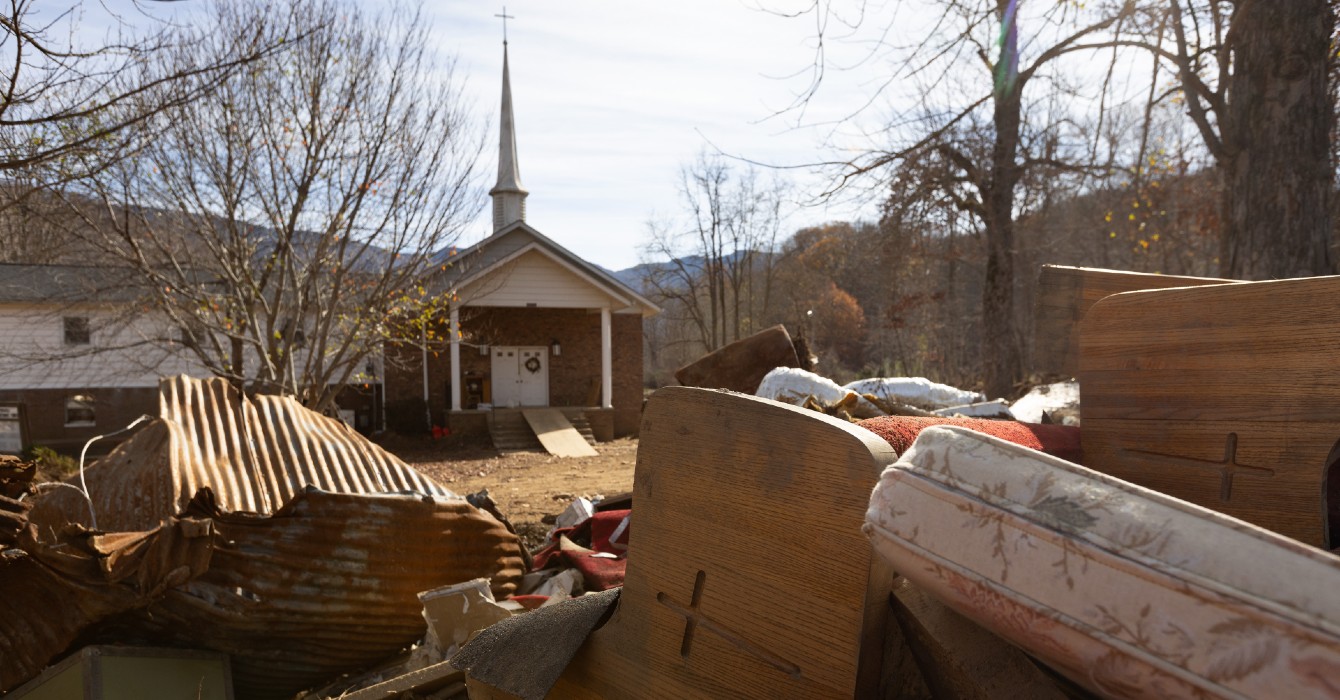The value of levity in the local church
Play helps us understand God and open new paths for ministry, says a pastor
Recently published
Play helps us understand God and open new paths for ministry, says a pastor
 Link to author Andy Stanton-Henry
Link to author Andy Stanton-Henry
A writer who teaches bread baking as a spiritual practice reflects on human touch, innovation and lessons from Genesis.
 Link to author Kendall Vanderslice
Link to author Kendall Vanderslice
We have the right to grieve the loss of anything connected to our hearts. Church can be a place where those losses are recognized, writes a minister and therapist.
 Link to author Peggy Haymes
Link to author Peggy Haymes
Families and congregations can help sustain us through life’s difficulties, but institutions also play a crucial role, writes the executive director of Leadership Education at Duke Divinity.
 Link to author David L. Odom
Link to author David L. Odom
In a world that is volatile, uncertain, chaotic and ambiguous, it’s important to keep learning. But that means taking risks.
 Link to author Chris Aho
Link to author Chris Aho
In a culture that expects relentless productivity, we need to shift perspectives to value rest, writes a director of programs and grants at Leadership Education at Duke Divinity.
 Link to author Mycal X. Brickhouse
Link to author Mycal X. Brickhouse
A Washington, D.C., nonprofit celebrates the 40th anniversary of its ministry of medical support, community building and leadership in the field.
 Link to author Edie Gross
Link to author Edie Gross
Celebration and imagination fuel resilient, faithful leadership, writes a director of programs and grants for Leadership Education at Duke Divinity.
 Link to author Elizabeth Tamez Méndez
Link to author Elizabeth Tamez Méndez
After large-scale crises, big-steeple churches anchor communities using their unique status, relationships and networks to help communities respond and rebuild.
It is especially important in difficult times to understand what an authentically abundant life is and to engage in spiritual practices to sustain it, writes a psychologist who focuses on faith and mental health.
 Link to author Jessica Young Brown
Link to author Jessica Young Brown
It’s important to recognize that while metrics tell part of a congregation’s story, they cannot measure the stirrings of conviction or the whispers of the Spirit, writes a church leadership consultant.
 Link to author Chris Aho
Link to author Chris Aho










